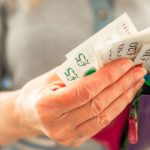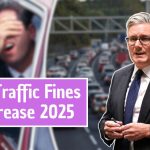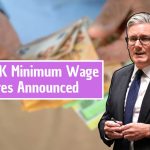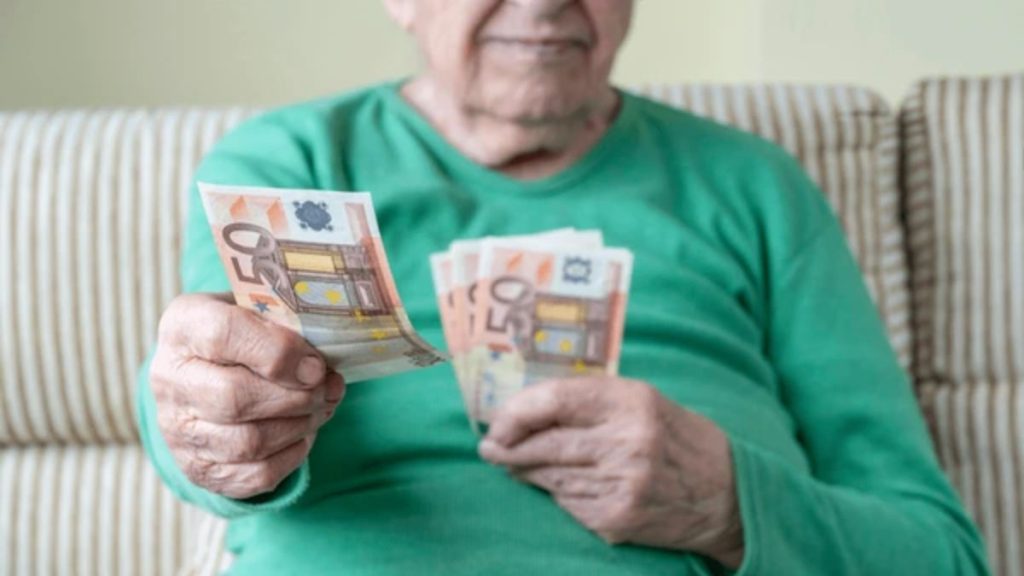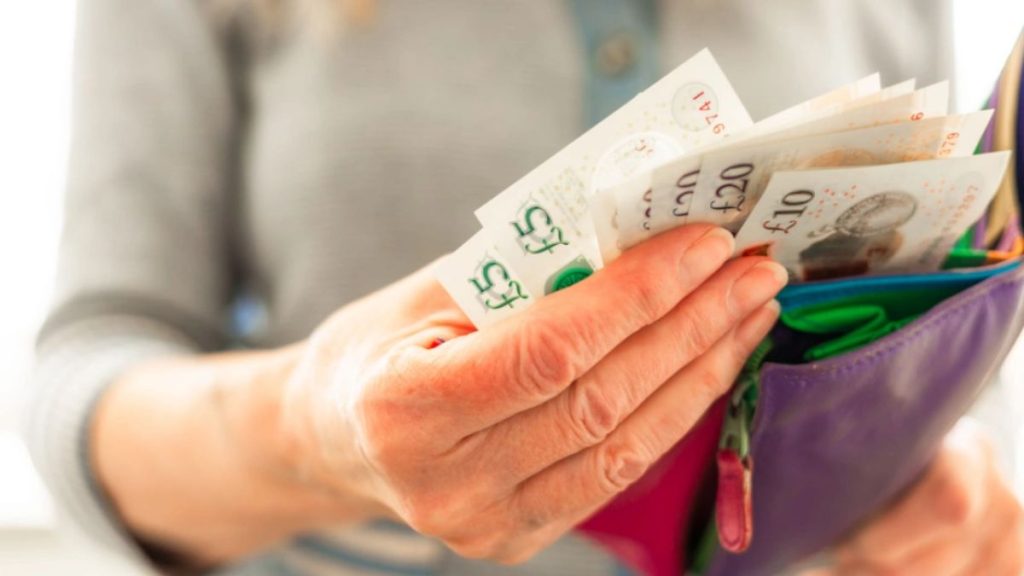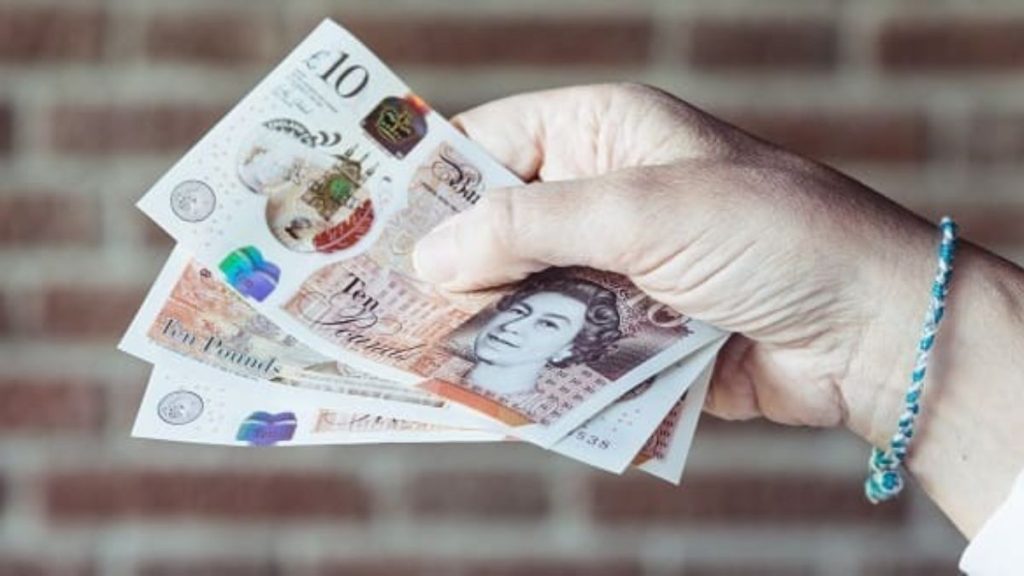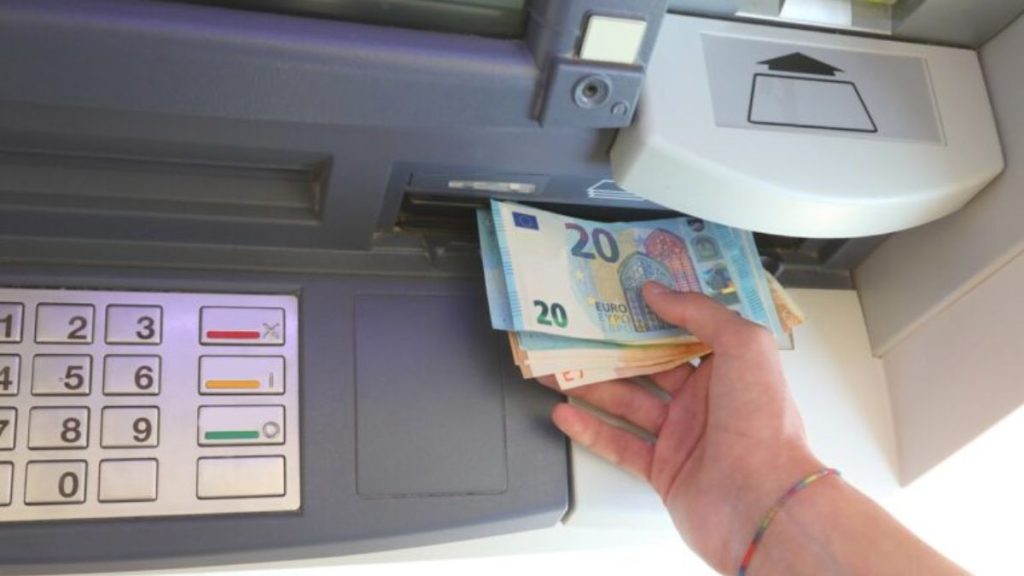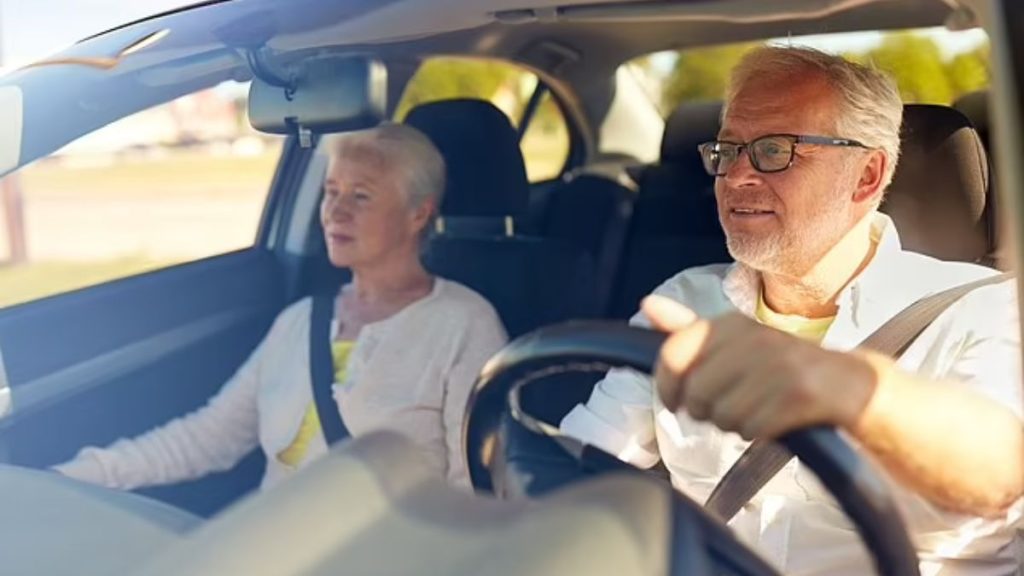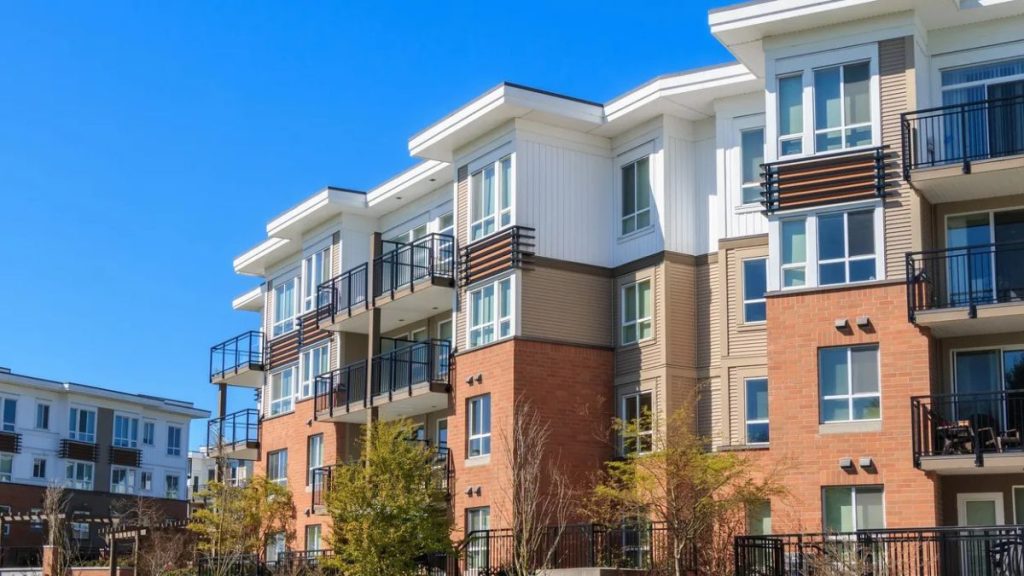The UK Government has confirmed that a £250 Cost of Living Payment will be distributed to millions of low-income families in September 2025. The measure, announced through the Department for Work and Pensions (DWP), is designed to help households cope with rising expenses from food, energy, and housing costs.
This one-off payment comes as part of the government’s ongoing cost-of-living relief initiatives, aiming to provide urgent support as autumn and winter approach — traditionally the most expensive months of the year for most families.
What Is the £250 Cost of Living Payment?
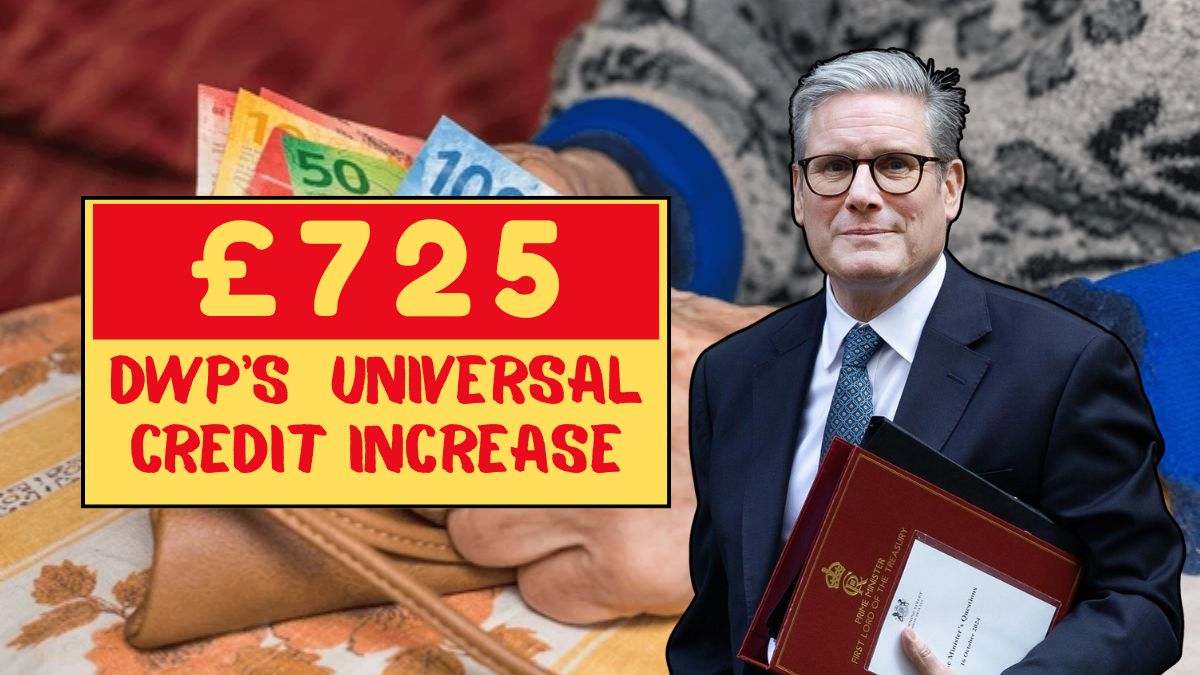
The £250 Cost of Living Payment is a direct financial aid package from the DWP for low-income families, pensioners, and benefit claimants struggling with essential costs. It’s a non-taxable, one-off payment, ensuring that recipients receive the full amount directly in their bank accounts.
Unlike previous government grants, this payment will be automatically issued to eligible households — meaning there is no separate application process. The goal is to provide a timely cushion for those most affected by the ongoing economic pressures in the UK.
Why the September 2025 Payment Is Crucial
The timing of this payment is intentional. September is when many families face increased household expenses, such as:
- The cost of new school uniforms, books, and transport as children return to school
- Rising fuel and energy prices ahead of the colder months
- Increased grocery and rent expenses due to inflation
By issuing the payment in September 2025, the government aims to deliver assistance exactly when families need it most. This helps ease pressure before the onset of winter, allowing households to manage their monthly budgets more effectively.
Who Qualifies for the £250 Payment?
Not everyone in the UK will automatically receive the £250 Cost of Living Payment. The DWP has outlined specific eligibility criteria targeting means-tested benefit claimants. You may qualify if you receive any of the following:
- Universal Credit (and meet the income and work requirements)
- Pension Credit
- Income Support
- Income-based Jobseeker’s Allowance (JSA)
- Income-related Employment and Support Allowance (ESA)
- Working Tax Credit or Child Tax Credit
If you were receiving one of these benefits during the qualifying period set by the DWP, you should receive the payment automatically. No separate application is required.
How the £250 Payment Will Be Distributed
The DWP has confirmed that all payments will be made automatically, directly into the same bank accounts used for regular benefit payments.
Key details:
- Payments will appear on statements as “DWP COL Payment.”
- Each household will receive one payment, even if multiple members claim benefits.
- Payments will be processed without the need for re-application or paperwork.
This streamlined system ensures that eligible recipients receive their funds quickly and safely.
When Will the Payments Be Made?
The DWP £250 Cost of Living Payment is expected to begin distribution in mid-September 2025 and continue throughout the month.
- Universal Credit and Pension Credit claimants are likely to receive payments first (around mid-September).
- Tax Credit claimants (through HMRC) may receive theirs toward late September due to separate processing schedules.
Payments are issued in batches, so not all recipients will receive them on the same day. The DWP advises eligible households to wait until the end of September before raising concerns about missing payments.
What If You Don’t Receive the Payment?
If your £250 payment does not arrive as expected, it may be due to:
- Incorrect or outdated bank details on file with DWP or HMRC
- A change in benefit status during the qualifying period
- Administrative delays in the payment process
To resolve the issue:
- Check your recent benefit statements to confirm eligibility.
- Contact the DWP helpline or HMRC (for tax credit recipients).
- Ensure your personal and banking information is up to date.
In most cases, delayed payments are resolved within days once records are corrected.
How the £250 Payment Will Help Families
While £250 may not solve long-term financial struggles, it offers immediate relief during a challenging season. Families and individuals can use the funds for:
- Energy and heating bills ahead of winter
- Groceries and household supplies
- School uniforms and educational costs
- Transportation and childcare expenses
For pensioners, the payment can help manage heating costs, medical expenses, and daily essentials — offering vital breathing room before colder months.
Cost of Living Pressures in the UK
The need for government payments like this highlights the continuing cost of living crisis in the UK. According to recent data, many households are grappling with:
- High inflation rates for basic goods and groceries
- Rising housing and rental costs
- Increased energy tariffs, despite temporary relief measures
- Limited wage growth compared to inflation
The £250 support payment is one part of a wider strategy to ease the burden for vulnerable families, though critics argue that more long-term measures are required.
Additional Support Alongside the £250 Payment
Households receiving the £250 payment may also qualify for other forms of government assistance, including:
- Winter Fuel Payment – to help older people with heating costs.
- Cold Weather Payment – triggered when temperatures drop below a certain threshold.
- Warm Home Discount – a rebate for low-income energy consumers.
- Free school meals and childcare support – available to eligible families with children.
Combining these programs can significantly help households stabilize their finances and manage upcoming seasonal expenses.
Will the £250 Payment Affect Other Benefits?
No. The £250 Cost of Living Payment will not affect any other benefits you currently receive. It is a non-taxable, one-time payment that does not count as income.
This means that recipients can use the entire amount without worrying about benefit reductions or tax deductions.
Public Reaction and Government Response
The UK Government maintains that this payment reinforces its commitment to supporting vulnerable families through economic challenges. Officials describe it as a targeted yet affordable form of assistance for both working-age and retired citizens.
However, charities and advocacy groups have criticized the amount, saying it’s insufficient to offset soaring living expenses. They urge policymakers to raise benefit levels and introduce long-term cost reduction measures rather than one-time payments.
Preparing for the Payment
Households expecting to receive the payment can take steps to make the most of it:
- Budget carefully: Plan how to allocate the £250 for essential needs.
- Prioritize important bills such as rent, energy, and food.
- Avoid impulse purchases, ensuring the money lasts longer.
- Seek professional advice from Citizens Advice or financial charities if struggling with debt.
Using the payment strategically can help households remain financially stable during the most demanding part of the year.
Long-Term Outlook on the Cost of Living Crisis
While the £250 payment offers short-term relief, experts argue that permanent solutions are needed to address systemic cost pressures. Recommended long-term measures include:
- Adjusting benefits and pensions to match inflation rates
- Raising the minimum wage to a sustainable level
- Expanding affordable housing programs
- Promoting energy efficiency to lower household bills
Until such reforms take effect, targeted payments like this will continue to play a critical role in protecting low-income families from financial distress.
FAQs on the £250 Cost of Living Payment
Q1. When will I receive the £250 Cost of Living Payment?
Payments begin mid-September 2025 and continue through late September, depending on your benefit type.
Q2. Do I need to apply for the payment?
No. The payment will be made automatically to eligible households receiving qualifying benefits.
Q3. Will this payment affect my other benefits?
No. The £250 payment is non-taxable and does not reduce or replace any other benefits you receive.
Q4. What should I do if I haven’t received the payment?
If you believe you qualify but haven’t received it by end of September 2025, contact the DWP or HMRC with your benefit details.
Q5. How can I make the most of this payment?
Plan your spending carefully — focus on essentials like heating, food, and rent. Consider budgeting tools or free advice from Citizens Advice to manage your finances effectively.

